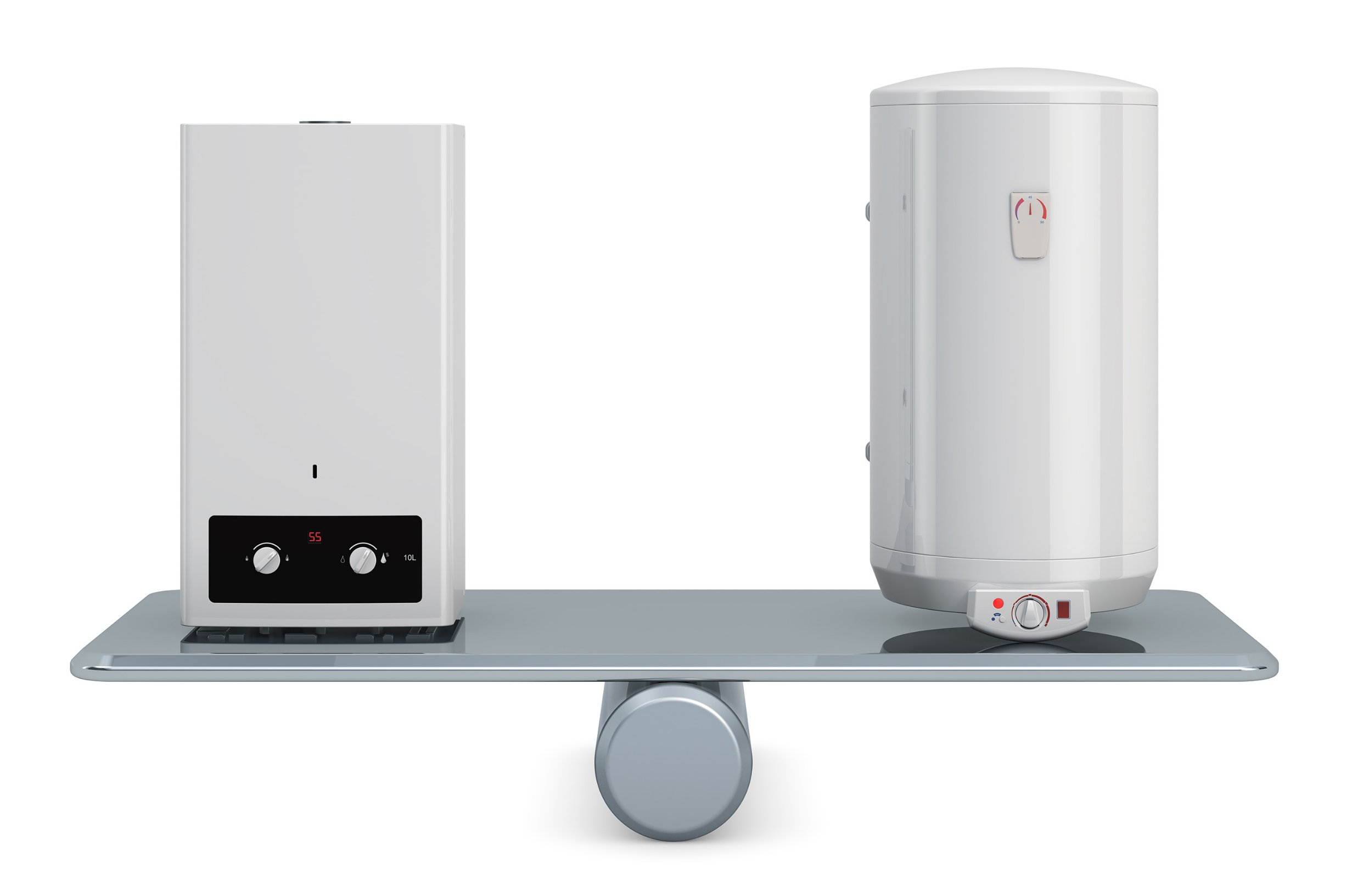
Heat pumps or boilers: which one should you choose?
Evaluating alternatives to the classic gas boiler has become more common in a period of rising energy costs.
Among the solutions which can be adopted, heat pumps and condensing boilers are very popular due to the high levels of energy efficiency that distinguish them.
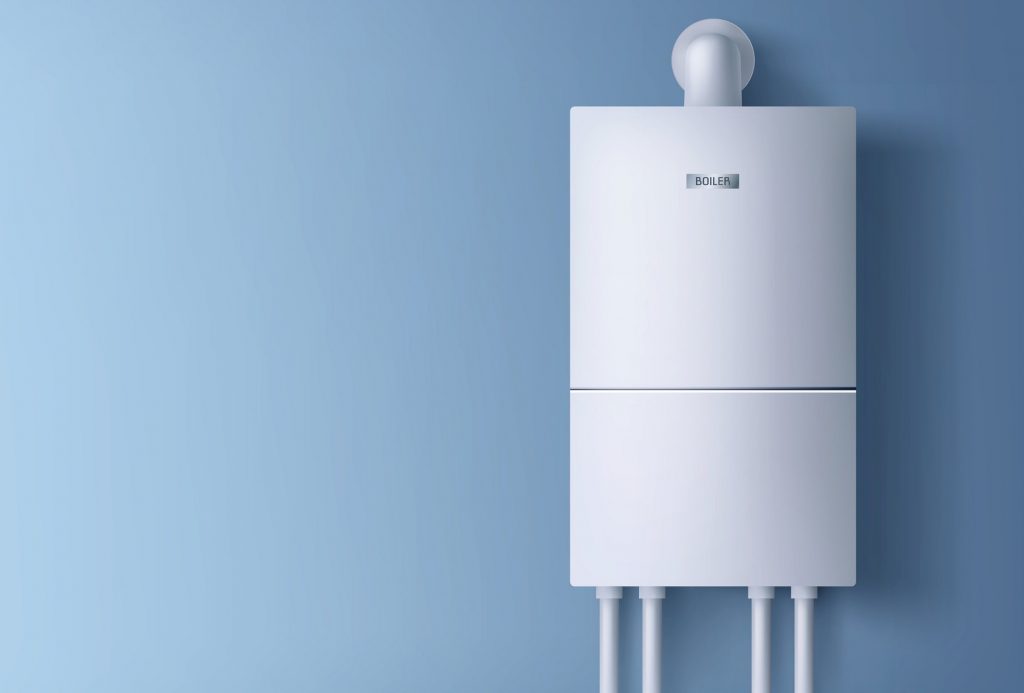
What is the difference between a heat pump and a boiler?
Heat pumps and boilers work by bringing the water to the right temperature. This is then used for the heating system and for the production of domestic hot water.
The difference is in the operating modality. The boiler uses methane. The heat pump, on the other hand, recovers the necessary energy from the external environment and conveys it to the water.
In this way consumption is reduced and the impact on the environment is lower.
The heat pump has a closed circuit in which a regenerating fluid flows and it is subject to cyclical state changes: from the liquid to the gaseous phase and vice versa.
The heat comes from a natural external source to be transferred to the water system: for homes, external air is the main source.
For adequate heat distribution in the rooms, the system’s terminals must be underfloor heating or fan coils, because common radiators are not suitable.
The ordinary boiler, on the other hand, uses methane from the gas network or pellets to generate combustion that produces heating energy.
A condensing boiler works in a similar way, but it also recovers heat from the fumes and vapors produced by combustion.
The thermodynamic efficiency of condensing boilers reaches a value (90%) which is considerably higher than the traditional ones’.
This type of boiler can be installed both inside and outside the house and combined with traditional heating systems such as radiators.
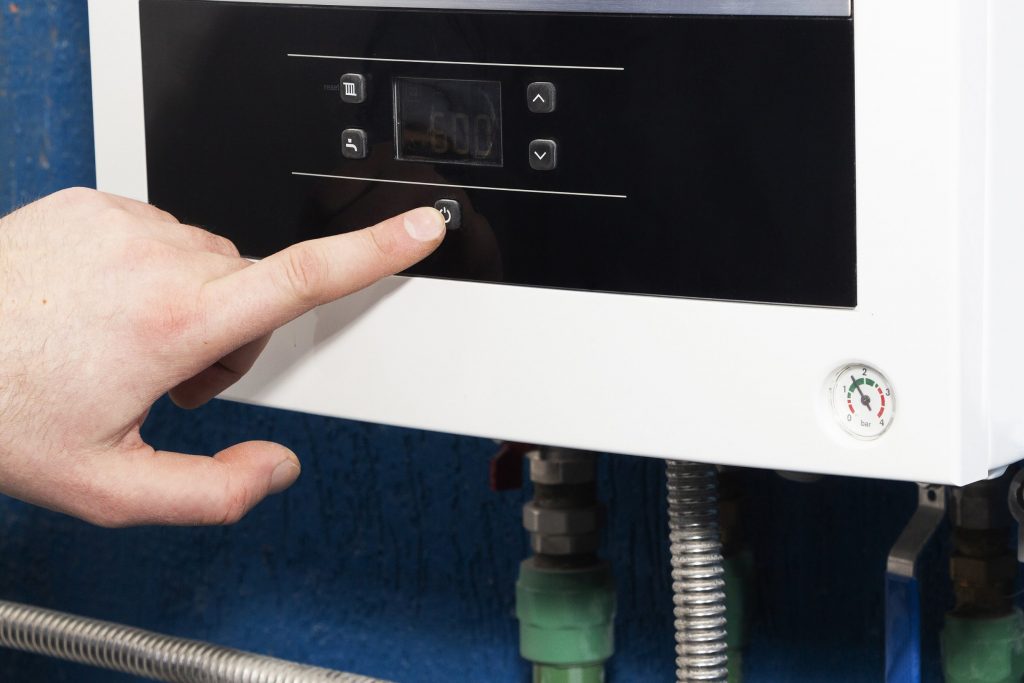
Which is the best solution?
Heat pumps and condensing boilers compete for the podium among the best heating systems.
Heat pumps use renewable energies such as air, with low electricity consumption. If combined with a photovoltaic system that has an accumulation system to produce the electricity consumed, it ensures considerable savings on heating costs.
They are also reversible. It means that heat pumps capture the inner heat to transfer it outside, guaranteeing a regenerating function.
The condensing boilers, using less gas, lead to a considerable saving in energy bills (up to 20/30%). Among other things, installing this kind of boiler does not require any interventions on the existing heating system.
In evaluating the best alternative, in fact, it is necessary to consider whether we are dealing with existing heating systems or new buildings.
In the second case, being able to design the system from scratch, it would be preferable to adopt a heat pump. If the system is already set up, it is better to opt for a condensing boiler, which is decidedly more adaptable.
How much can you save with a heat pump?
Thanks to the use of renewable sources instead of fossil fuels such as gas, heat pumps allow you to save from 30% to 60% on primary energy.
It is important to consider that, when calculating the economic impact of an air source heat pump, the external temperature, which acts as an "engine", is not always constant. A low external air temperature corresponds to a greater effort for the pump, implying a higher consumption of electricity. Climatic conditions affect its performance and therefore it is not the best solution in all geographical areas.
Finally, installing a heat pump requires some essential requirements:
- for a groundwater or surface water heat pump, a usable water resource must be available;
- for geothermal solutions, outside spaces outside are essential for the heat exchange system;
- for air-water heat pumps, it must be checked the option of an outdoor positioning for the unit.
The added element for both energy alternatives is the adoption of smart tools for heating management. Smart heating is compatible with heat pumps and condensing boilers.
Smart thermostats, for example, detect the temperature, humidity and air quality inside a room. It is therefore possible to intervene directly to set the new values from the mobile app.
The combination of energy efficiency and smart solutions strengthens cost containment on the one hand, and helps reduce the environmental impact on the other.
Other articles
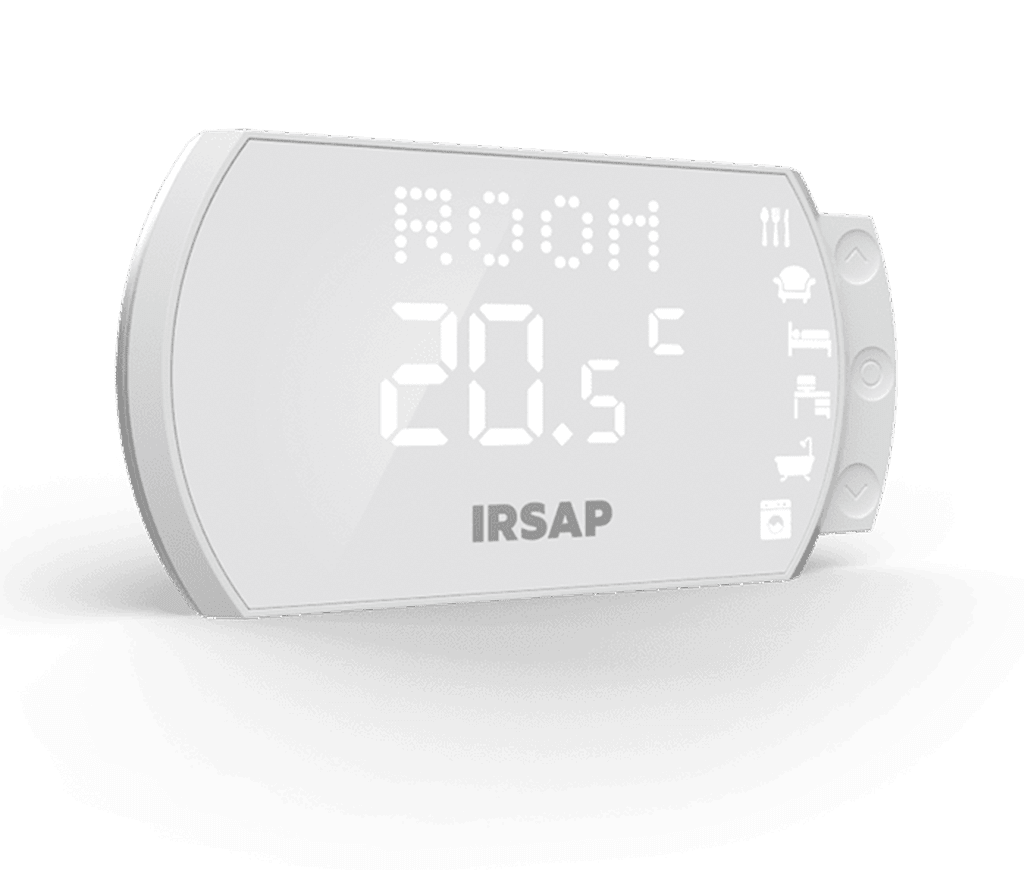
Smart Thermostat
The Smart Thermostat allows you to precisely set and measure the temperature of the room in which it is installed. Thanks to its advanced functionalities it also allows you to control humidity and air quality.
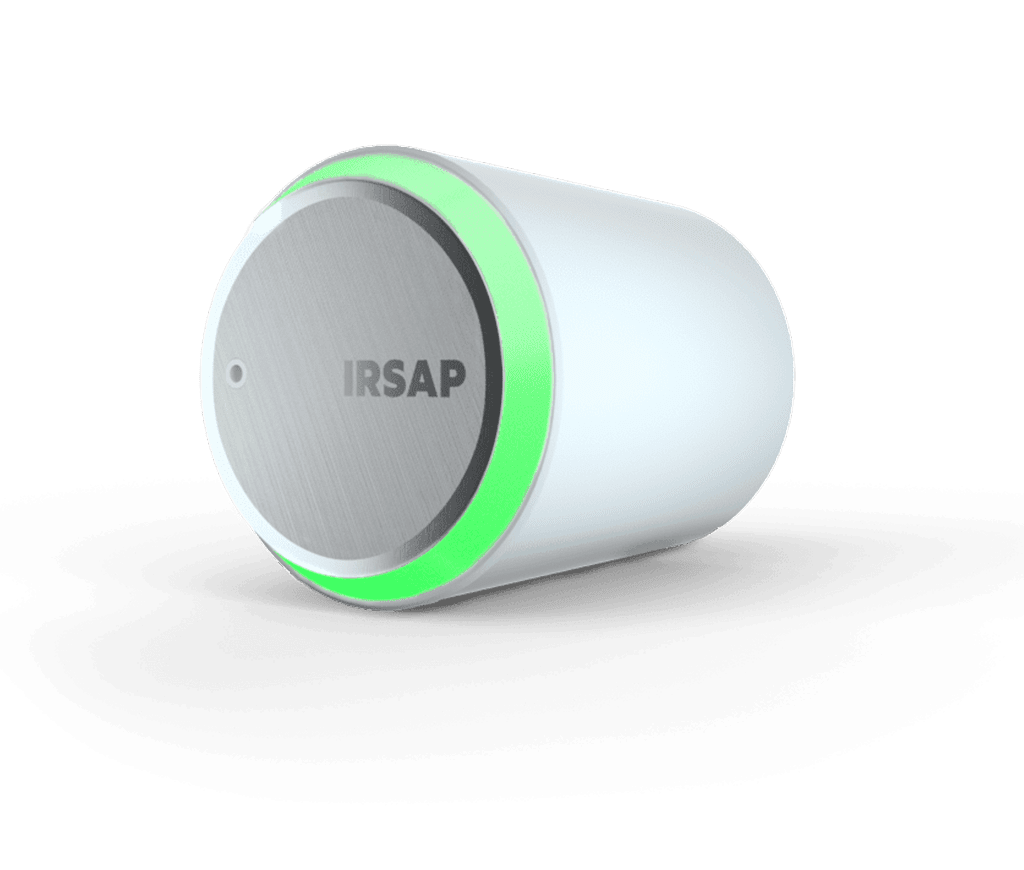
Smart Valve
With IRSAP NOW Smart Valves you control the temperature intelligently from wherever and whenver you want via smartphone.
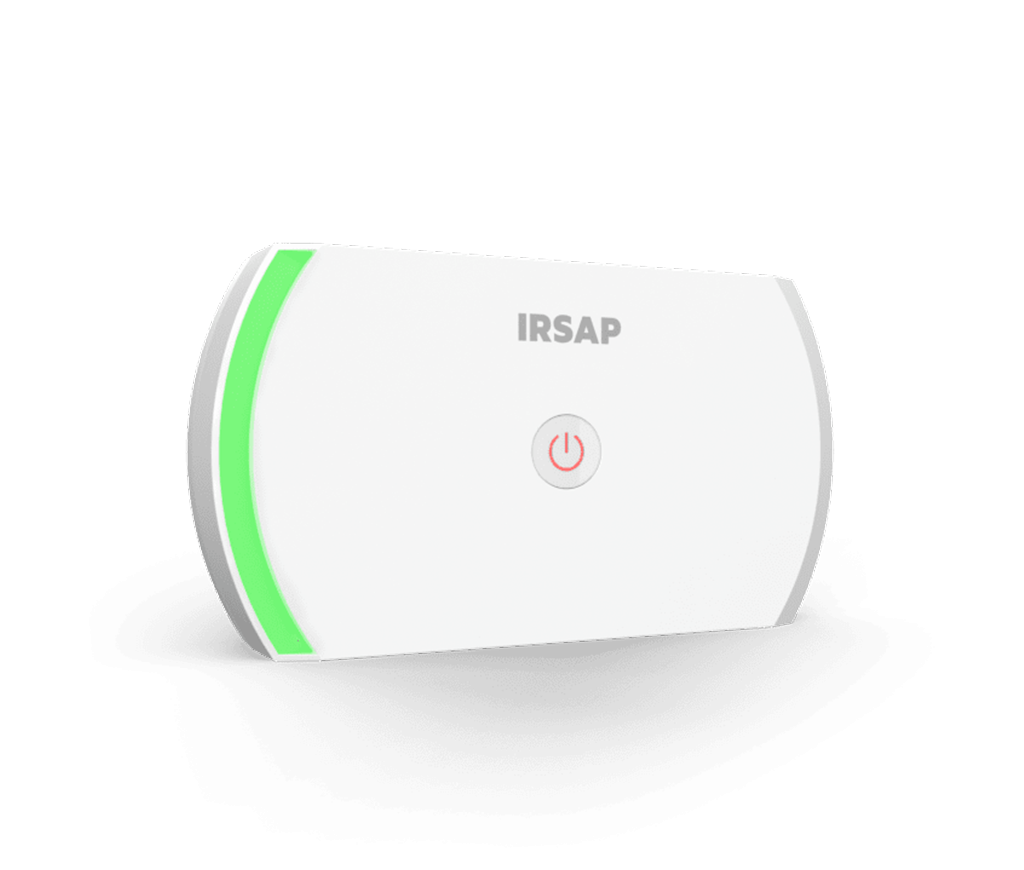
Starter
The Starter is the device which, when connected to your heat generator (boiler or heat pump), manages its switching on and off.







